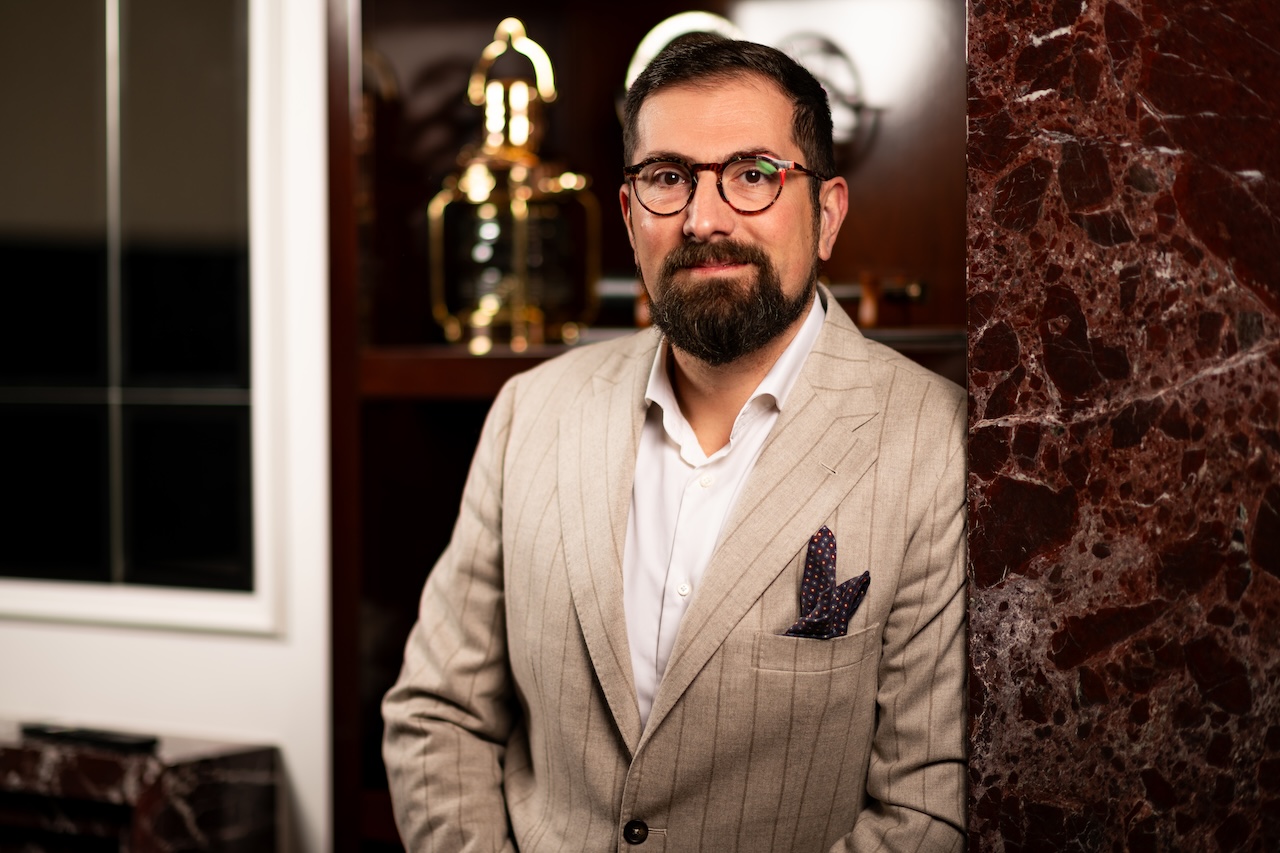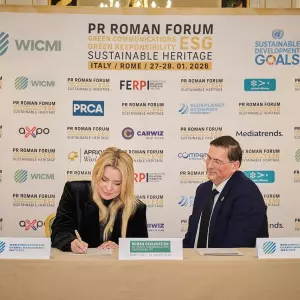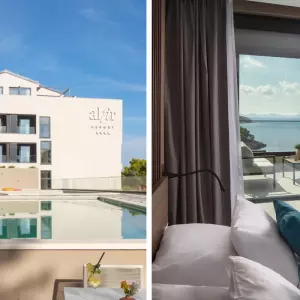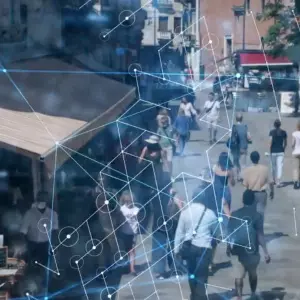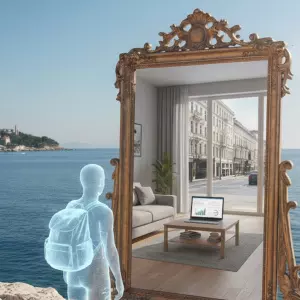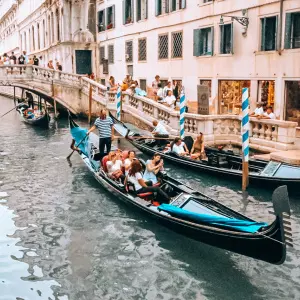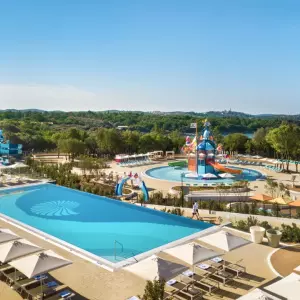Kada sam započeo pisati ovu kolumnu, cilj mi je bio ponuditi optimističan ton, usmjeren na prilike koje se kriju iza izazova. No, vrlo brzo sam shvatio da će ono što slijedi rijetko koga učiniti zadovoljnim. Turizam, u svojoj srži, nije priča o jednostavnim odgovorima niti o zadovoljavanju svih očekivanja. Suočeni smo s paradoksima koji nas prate svakodnevno.
Paradoksi naši svagdašnji
Održivi turizam postao je ideal kojem mnogi, makar deklarativno, teže, no iza tog pojma kriju se složeni izazovi i paradoksi. Iako se često koristi s vjerom u bolje sutra, održivi turizam ima kvazi-religijsku komponentu, oslanjajući se na velike riječi i ideologiju umjesto na konkretne odgovornosti i mjere. Upravo zbog toga koncept odgovornog turizma bliži je stvarnosti. Odgovornost podrazumijeva konkretne akcije i odluke koje stvaraju mjerljiv učinak na okoliš, zajednicu i buduće generacije.
No, praksa pokazuje da put prema odgovornom turizmu nije jednostavan. Dok svi govore o potrebi odgovornosti, stvarne mjere i raspodjela te odgovornosti često su daleko od pravednih i uravnoteženih. Industrija se nalazi u situaciji gdje su zahtjevi brojni, a zadovoljenje svih strana gotovo nemoguće.
Jedan od ključnih paradoksa tiče se upravo raspodjele odgovornosti. Hotelske kuće često su u prvom planu kada se govori o ekološkim standardima i odgovornom razvoju, dok hotelski smještaj čini tek devet posto ukupnih kapaciteta u Hrvatskoj. Privatni smještaj, koji dominira smještajnim kapacitetom, ima drugačiji operativni okvir i često izostaje iz takvih razgovora. Hoteli ulažu u tehnologije za smanjenje otpada, projekte energetske učinkovitosti i promociju lokalnih vrijednosti, dok se privatni smještaj manje suočava s takvim zahtjevima. Ovakva neravnomjernost otvara pitanje kako osigurati sustavni pristup odgovornosti, pri čemu svi sudionici imaju jasnu ulogu i doprinos.
Paradoks se krije i u samoj percepciji turizma.
Danas ljudi toliko zaziru od riječi 'turizam' da sve rjeđe žele biti turisti i radije se nazivaju putnicima (tourists vs travellers). Čini se da su turističke aktivnosti, unatoč njihovoj neospornoj ekonomskoj i društvenoj vrijednosti, postale gotovo sinonim za masovnost i negativan utjecaj, dok se identitet 'putnika' povezuje s autentičnošću, odgovornošću i dubljim doživljajem. Ironično, oba pojma opisuju ista ponašanja i prakse, ali s različitim društvenim predznakom. Ovo je izvrstan primjer gdje ideologija nadvladava praksu, a deklarativnost zamjenjuje stvarno djelovanje.
Ovdje dolazimo do dodatne dimenzije raspodjele odgovornosti. Nije samo na destinacijama i pružateljima usluga da preuzmu odgovornost za održivost, već i na samim putnicima. Njihovi izbori oblikuju turizam, od smještaja koji biraju do načina na koji konzumiraju lokalne resurse i kulture.
Prebacivanje odgovornosti isključivo na industriju ili pojedine segmente, poput hotelskih kuća, zatvara oči pred činjenicom da je održivi turizam kolektivni pothvat. Putnici, bilo da se nazivaju turistima ili putnicima, također nose svoj dio tereta u osiguravanju ravnoteže između očuvanja prirode i društvenog razvoja.

